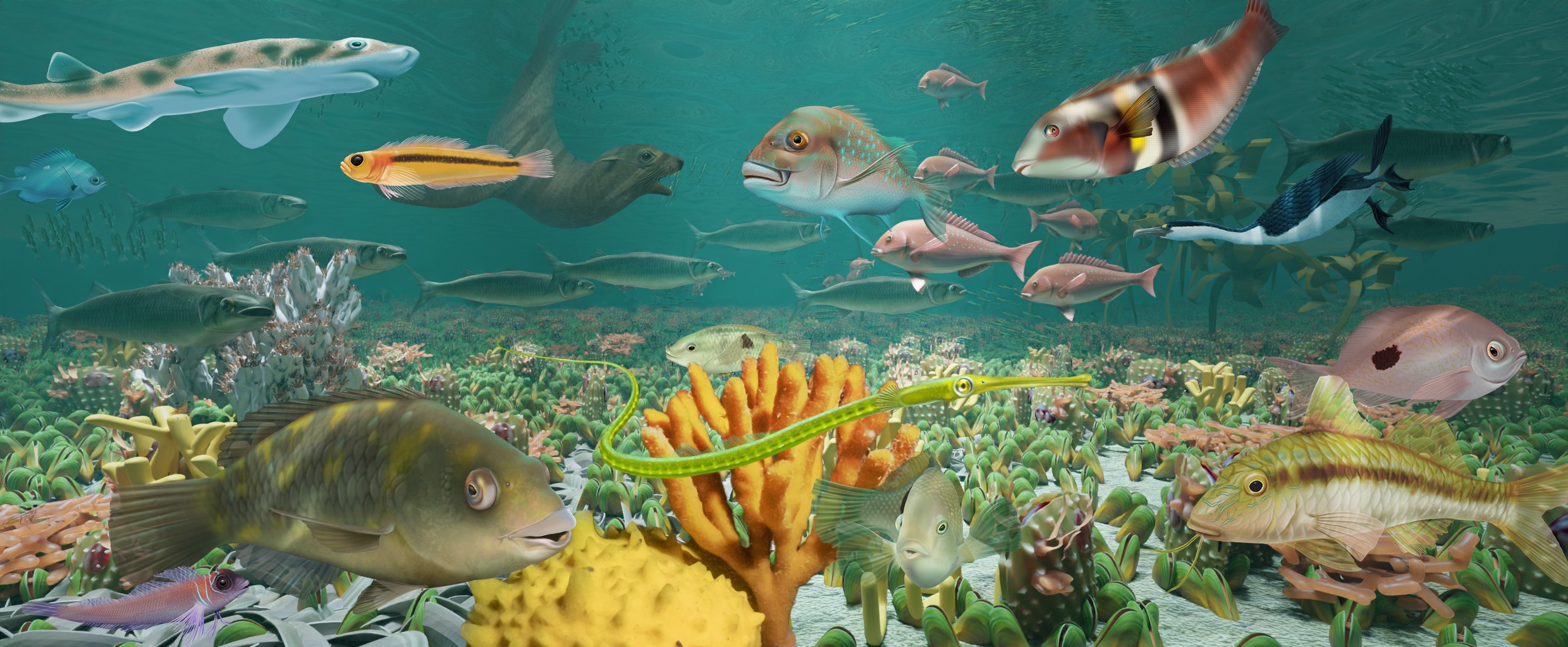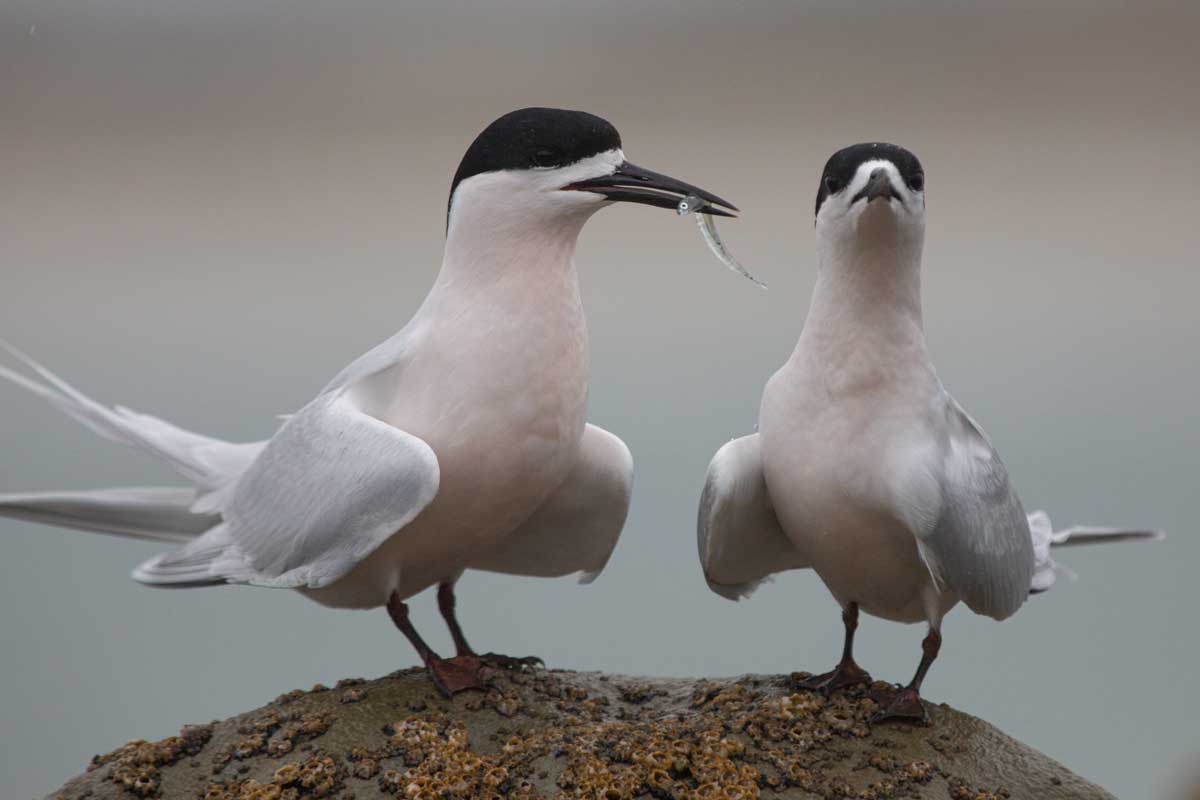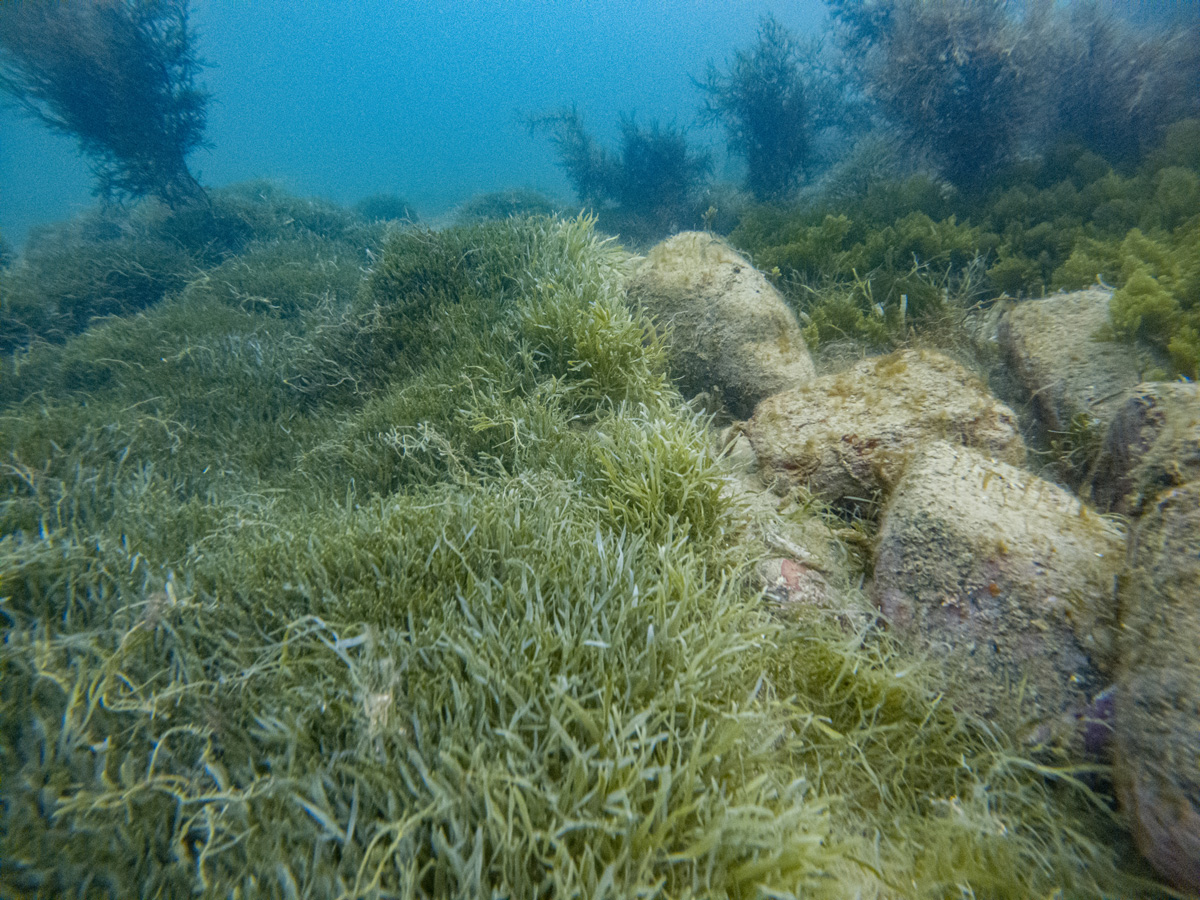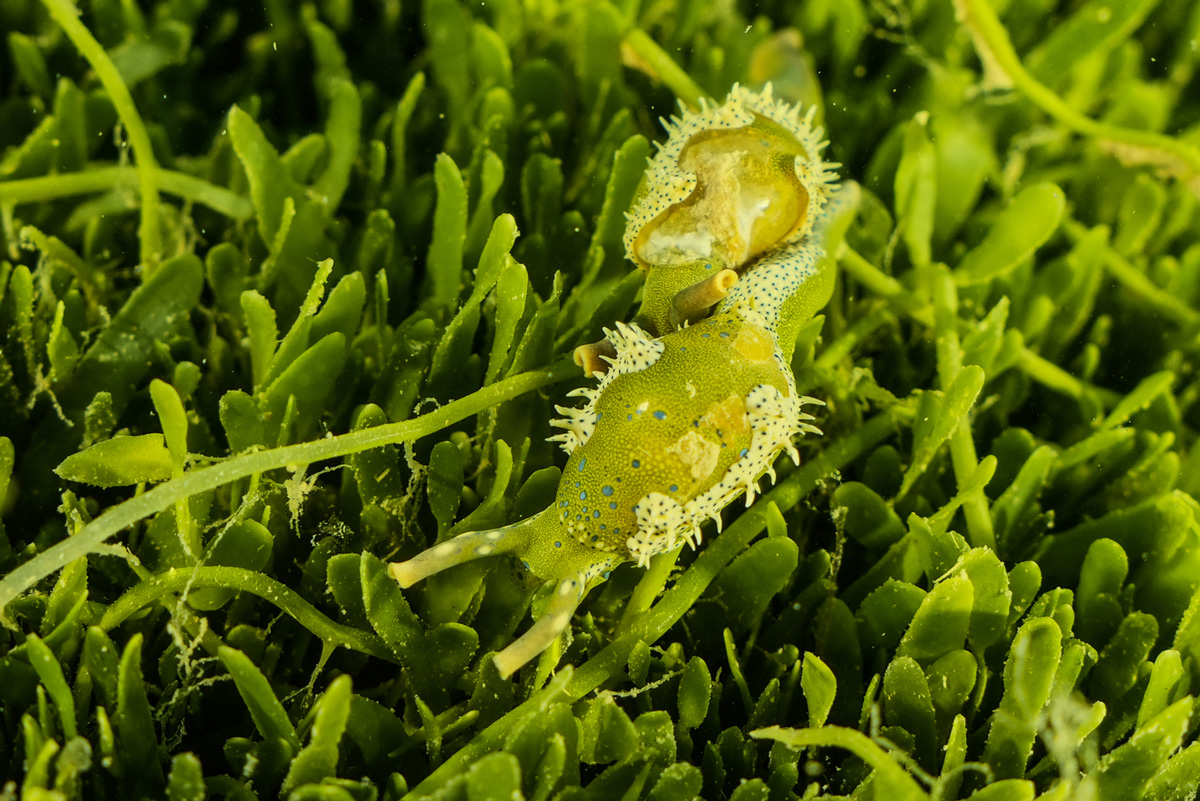Crystal clear waters, abundant kaimoana, flourishing seabirds and a thriving blue economy.
It’s a realistic future vision for Hauraki Gulf that succeeding generations could inherit if we can finally get our act together and take decisive actions now, say lead authors of the State of the Hauraki Gulf 2173 report Professors Simon Thrush and Conrad Pilditch.
The report presents a fictional future state of the Hauraki Gulf – 150 years from now – and using the best available science works backwards to show how we could achieve those gains.
“This initiative was born from frustration at the lack of action from successive governments to turn around the poor current state of the health of the Hauraki Gulf. Our current focus on the doom and gloom of the past and present has not spurred the game-changing decisions we need to produce a more positive future state,” says Professor Simon Thrush.
“Heavily degraded ecosystems like the Hauraki Gulf take a long time to turn around, but this report shows that with ambition and dedication, we can do it. The key is acting now. The longer we delay necessary decisions to protect the Gulf from impacts from our actions at sea and on land, the more elusive that brighter future becomes. This has to be a top priority for the incoming government.”
Professors Thrush and Pilditch point to decisions to stop bottom-impact fishing, protect 30 percent of the Gulf in marine protected areas, and reduce the run-off of chemicals, plastics, and sediment as key inflection points for the Gulf’s future trajectory.
“If we cannot transform our focus, we are likely to find ourselves in a business-as-usual zombie apocalypse type scenario,” say Professors Thrush and Pilditch.
“However, if our current environmental practice continues to improve, we can be more confident that we will be leaving a positive environmental legacy to future generations. It does not have to cost us the earth to do this if we work effectively and collaboratively. But even if it does – what a bargain!”





